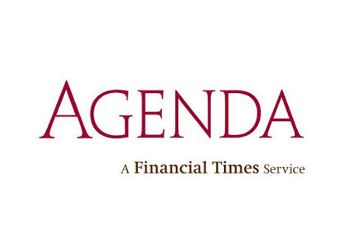Today, the SEC’s Division of Corporation Finance (CorpFin) provided new guidance related to disclosures companies should be making in light of the coronavirus (Covid-19) pandemic. The commission will also allow more time for public companies to submit mandatory filings, as long as the company clearly explains why it needs more time.
“These actions provide temporary, targeted relief to issuers, investment funds and investment advisers affected by Covid-19,” said SEC chairman Jay Clayton in a press release. “At the same time, we encourage public companies to provide current and forward-looking information to their investors and, in these uncertain times, companies are reminded that they can take steps to avail themselves of the safe harbor in Section 21E of the Exchange Act for forward-looking statements.”
Although the material impacts of the pandemic can be uncertain, the SEC is asking companies to disclose risks and related effects in Management Discussion and Analysis (MD&A) sections and business sections, as well as in the risk factors, legal proceedings, disclosure controls and procedures, internal control over financial reporting disclosures and financial statements sections as appropriate.
According to data from public company intelligence provider MyLogIQ, 41% of Russell 3000 companies had issued risk factor disclosures regarding Covid-19 by Monday, March 23. That’s up from 29% on March 11. For the S&P 500, the percentage had risen from 32% to 35% in the same time period.
